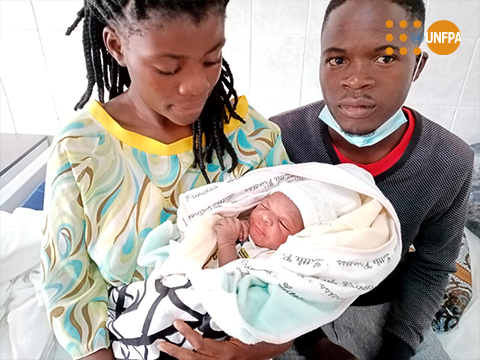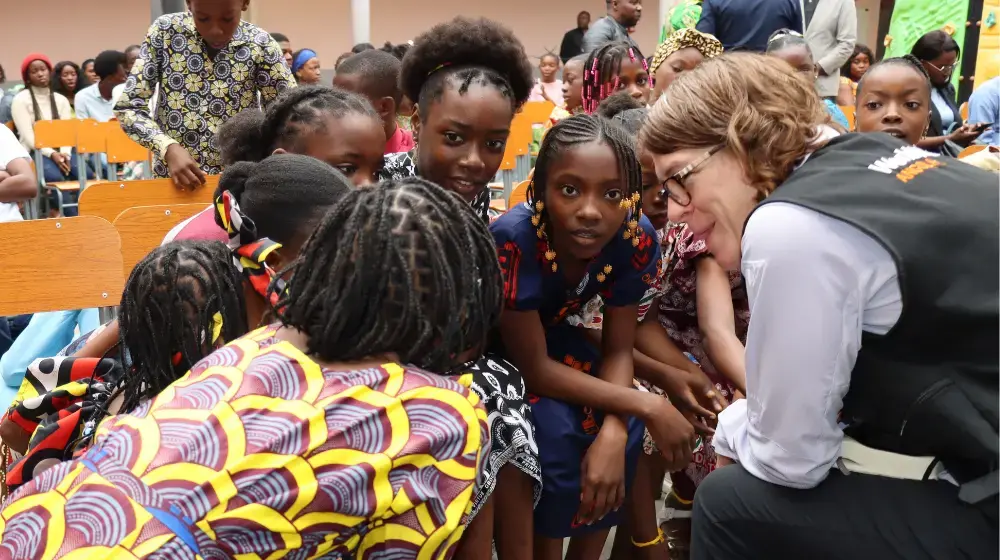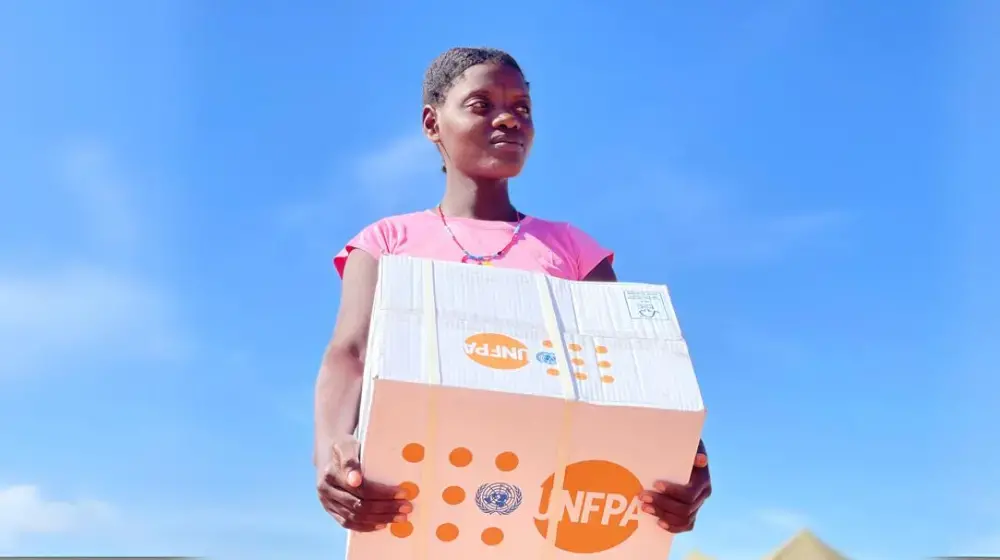The effects of Climate Change on Neonatal Care in Southern Angola
The impact of climate change and economic recession in drought-affected areas in southern Angola have created greater challenges for the government and development partners in allocating, reprogramming and using financial resources for the well-being of populations, especially the most vulnerable women and girls, limiting availability and access to health services or favoring delays in initiating treatment and care, increasing the risks of complications and mortality rates from various causes.
This is one of the ways in which climate change relates to human rights issues. In Angola, as in many affected countries in the region, droughts limit the national capacity to guarantee the sexual and reproductive health rights of girls, adolescents, women, and pregnant women. Reduced access to weakened health services increases the probability of maternal and neonatal deaths and the occurrence of early pregnancy due to reduced coverage of family planning services. Droughts ruin family crops and food sources. As families are living with food shortages or rely on government distribution of food subsidies, malnutrition increases, which raises the risk of maternal health complications including obstructed labor, premature or low birth weight newborns and postpartum hemorrhage.
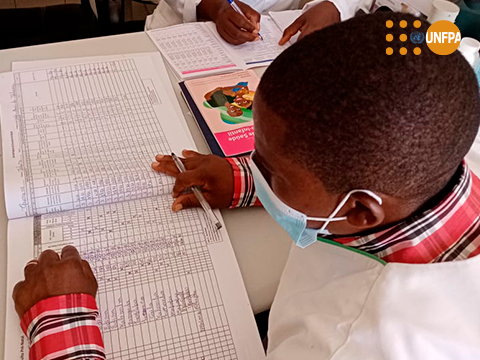
In Angola, according to IIMS 2015-2016, the percentage of female deaths associated with pregnancy among women aged 15-49 is 16.3%. This percentage is even higher among adolescent girls aged 15-19 years (16.5%) and young girls aged 20-24 years (21.2%). To eradicate preventable maternal and neonatal deaths, a partnership between UNFPA, the World Bank and the Government of Angola, is carrying out “The Health System Performance Strengthening Project (HSPSP) - Response to Sexual and Reproductive Health in Drought Areas in Southern Angola". Part of the project's objective is to strengthen the response of health professionals through practical and theoretical training sessions in Emergency Obstetric and Neonatal Care (EmONC). Technicians from health units in the drought affected provinces of Huila, Cunene, Namibe and Cuando Cubango, joined the training to provide better reproductive health services in order to reduce the rate of maternal deaths in the country. The 10-day training consisted of five theoretical sessions and five practical sessions at the workplace. Improved maternal health services are crucial to mitigate the effects of drought in local communities.
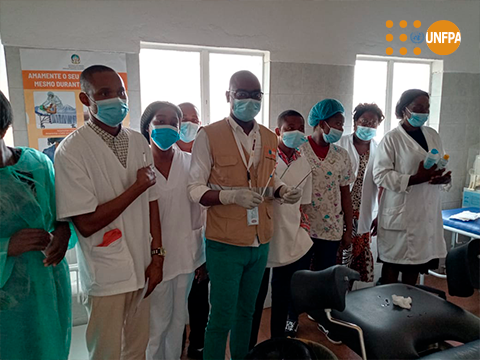
In Cunene province, which has some of the most challenging realities in the country, 12 health technicians were trained per municipality. One of the important issues that the Ministry of Health and UNFPA are working on in Angola is the need for more readily available, up-to-date health data to guide programmatic interventions. Furthermore, in the most up-to-date evidence in Cunene province, neonatal mortality was estimated at 21 deaths per 1,000 live births and post-neonatal mortality at 20 deaths per 1,000 live births (IIMS 2015-2016). In addition, regarding the high-risk fertility behaviour, it is estimated that 62% of births in the five years prior to the survey belong to a preventable high-risk category. Convinced that these markers can be dramatically improved through training interventions, health workers enthusiastically joined the training and reported some key impacts of UNFPA's work in the country.
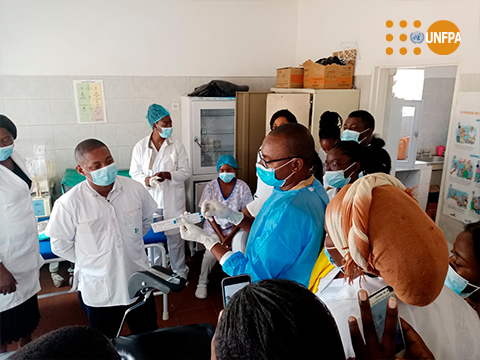
During the practical classes, there were lectures on the integrated package of sexual and reproductive health services such as family planning, antenatal consultations and care for normal and complicated births in addition to care of the sick newborn. It was noted during the training that, facing challenging environmental and economic conditions in the province, women are increasingly requesting family planning methods as health services improve, with a reported increase in women's uptake of long-term contraceptive methods such as Jadelle (“chip”) and IUD (“mola”). This is happening in a province where the total fertility rate, according to the IIMS 2015-2016, is 7.2 children per woman, a rate ranked among the highest in the world.
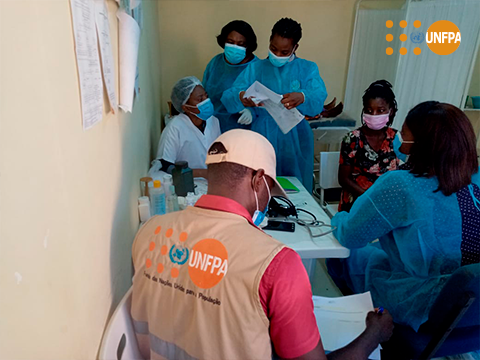
Young couples are also increasingly requesting family planning services. After giving birth to her first child, 18-year-old Olivia and her partner decided that they wanted to continue their education so that they could ensure a better life for their family in the long term. To do so, they chose to use a long-term family planning method (Jadelle) as part of their health care. The partnership between UNFPA, the World Bank and the Government of Angola continues to work to ensure sexual and reproductive health rights for all in drought-affected regions.
